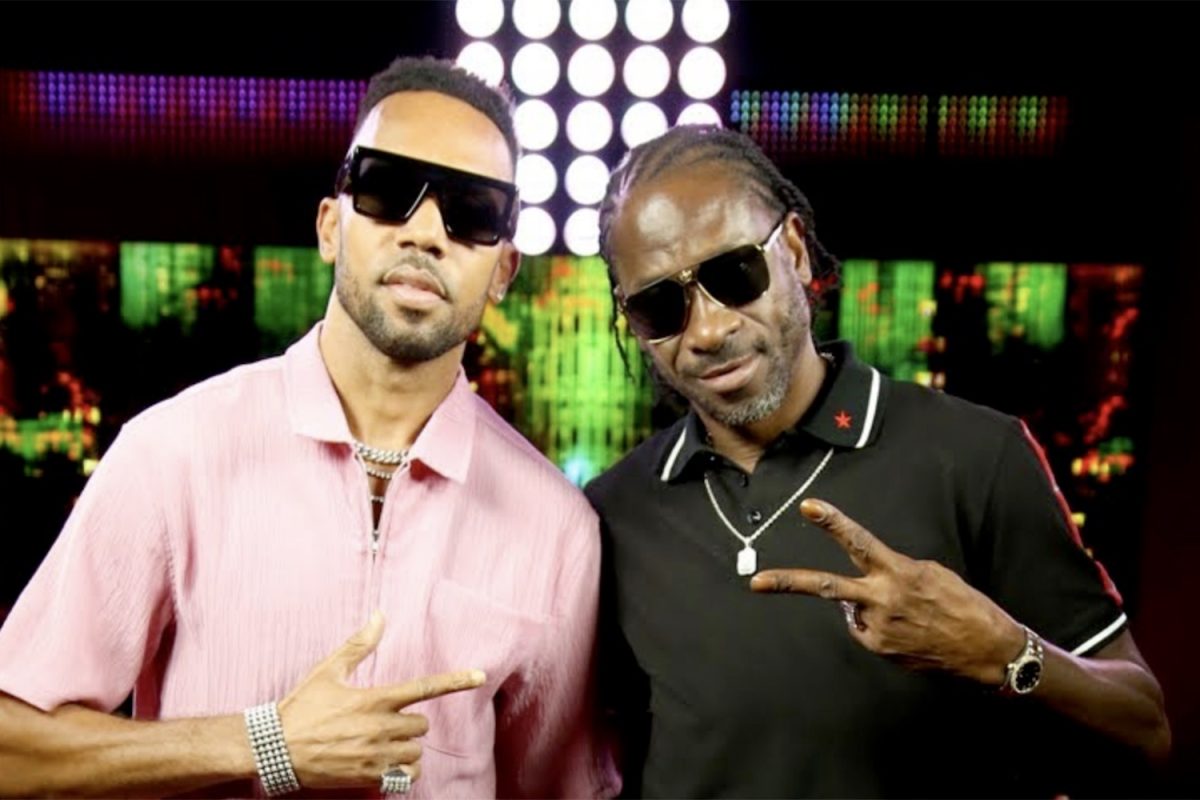Bounty Killer, Cham Say No Dancehall Era Can Be Compared To The 90s

Bounty Killer is of the view that the 90s represented the pinnacle of Dancehall music, a standard that current eras cannot match. According to him, digital music creation and production software such as Protools and Autotune have been to the detriment of new music being released in Jamaica, as these have contributed to a “don’t care attitude” by many emerging artists.
“All era of dancehall up to current has its reasons, purpose and means, but non can’t be compared to the 90’s hands down,” Bounty captioned a video clip of himself and Cham in a CapitalXtra interview, which he posted to Instagram on Monday.
“That’s the whole evolution of dancehall culture: big collaborations, several artiste signed to major labels, many billboard hits Grammys, BET rotations TV late night shows and talk shows across the US. Real state to state tours with lots of artiste on the road etc Jah know star those were the golden days🥳💫🇯🇲🎉.”
During the interview, Bounty and Cham insisted that no other era of music can be compared, to the 1990s era, as it was the genre’s finest and most successful when asked about comparisons.
“No comparison,” Bounty said, while Cham added: “None at all”.
In pointing out that the state of the music coming out of Jamaica, was woefully lacking, the two men said that music editing software had resulted in a “dependent” crop of artists who fail to aim towards musical perfection.
“It is a total different movement, actions and… Protools make us slow. Autotune and Protools is a downfall. If we were still in analogue, we would have greater artistes,” Bounty said.
“Back then, if you can’t deliver it straight up in the studio, they can’t fix that. All of them are talented, but they know if I do it this way, they can fix it. A man do a verse and you have a flat line and him she you can fix it – autotune it. Before it it flat, Dave (Kelly) not fixing that,” Cham said in recounting Dancehall’s 1990s heydays.
As the interview progressed, the Warlord said that from his standpoint, he opts to sing his verses multiple times even if well done, as opposed to have producers do digital corrections.
“Lackadaisical, they just do it how they want to do it because they think it can be fixed… Cut and paste. Das why when me a sing mi mek sure sing di chorus four time. Instead a sing it one time good, and meck him paste it, mi sing it four different time,” the Coppershot artiste explained.
Bounty’s comments were echoed by his fans, some of whom decried that many people with no musical acumen were recording songs and calling themselves Dancehall artists.
“Cause these days the title dancehall artiste is a common assault, it’s used so loosely. Everyone who think them sound good in them bathroom while the water is running very very loud, is an artist. Even I can become an artist as long as I go viral for something stupid. It wouldn’t even matter if mi can’t sing,” one female follower stated.
“Nuff ppl Nuh know seh delivery in studio can also be a lesson to deliver properly on stage as well. But dem a lazy up the studio plus no rehearsal nah gwaan either. That’s one of the reasons why the performance dem weak to,” another man added.
One follower, culchagideon, noted that many of the upcoming artists have no experience deejaying live on sound systems, thus their inability to sing or deejay on any riddim which they are asked to.
“Plus we’re missing the live dj’ing pon sound. Many of the greats started dj’ing pon sound to hone their craft. Any riddim, any where dem ready. These slower riddims isn’t conducive to make ppl wanna dance. But hey, we don’t really know waah gwaan cause all we do is fight against di yutes, dat dem seh,” he said sarcastically.
Also joining in was Hot 97’s Bobby Konders, who affirmed that the computerised music editing paraphernalia had placed the music in a precarious position.
“U not lying. Computer mash up the buis. From 45 to dubplate. Well todays dancehall party crowd not concerned about a dubplate. 😂,” he noted.
